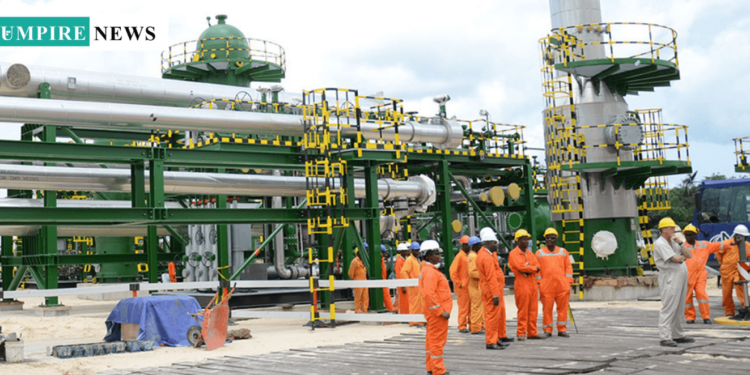The Nigerian National Petroleum Company Limited (NNPCL) has committed to reducing methane emissions in the oil and gas sector by 60% by 2031 as part of its larger goal to achieve net-zero emissions by 2060. This initiative, announced by the company on its X platform, marks a significant step in Nigeria’s efforts to combat climate change and enhance its leadership role in Africa under the Global Methane Pledge.
In a recent meeting with Robert Leahman, the U.S. State Department’s Global Methane Program Manager, and representatives from Deloitte, NNPCL’s Group Chief Executive Officer, Mele Kyari, emphasized the importance of tackling methane emissions as both an environmental and strategic necessity. Kyari stated that reducing methane is central to Nigeria’s energy transition, highlighting the need for global partnerships to implement best practices and innovative solutions to mitigate emissions.
A key component of the NNPC’s strategy is a pilot project in the Niger Delta, aimed at addressing methane leaks and establishing emissions baselines. This project, a collaboration between NNPC, Deloitte, and the U.S. Bureau of Energy Resources, will utilize data-driven methods to identify methane hotspots and develop sustainable solutions for the Nigerian energy sector.
Kyari underscored that Nigeria’s leadership in the Global Methane Pledge not only sets a continental standard but also positions the country as a champion for sustainable energy practices. By reducing methane emissions, the initiative will contribute to both environmental preservation and economic development, enhancing the sustainability of the nation’s energy operations.
“This collaboration is a game-changer,” Kyari said. “By addressing methane leaks, we are reducing waste, cutting costs, and protecting the environment, which benefits both the economy and the planet.” This project is a pivotal step in aligning Nigeria with its ambitious climate goals and ensuring a cleaner, more sustainable future for its energy sector.




































